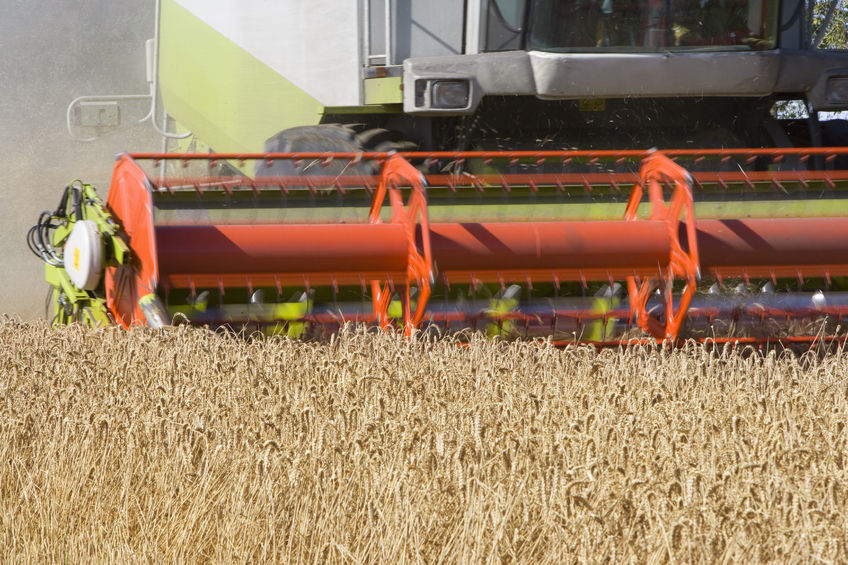
The release of the NFU’s annual harvest survey shows mixed results across the arable sector, leading to calls for better volatility management from Government.
Following a challenging year of extreme weather conditions and unpredictable prices, the varied results of this year’s harvest has led the NFU to call for new measures to combat volatility.
While the oilseed rape harvest fell in line with the five year average, spring barley saw a reduction in yield of approximately 10%, marking its lowest yield since 2012, the 2018 harvest survey shows.
Similarly, wheat yields reached 7.7 tonnes per hectare, falling below the five year average of 8.2 tonnes per hectare and hitting its lowest yield since 2013.
NFU combinable crops board chairman, Tom Bradshaw said the extreme weather events of this year have caused crop yields to become "increasingly unpredictable".
“Despite our favourable climate and soil conditions, farmers have experienced an incredible amount of variation in this year’s harvest,” Mr Bradshaw said.
“With Brexit, the volatility of world commodity markets and the weather adding further uncertainty, farmers will be turning to the government for ways to build financial resilience into their businesses as farm payments are phased out over the next few years.
“It is essential that a new domestic agriculture policy is supportive of resilience in the face of short-term localised shocks while driving long-term competitiveness,” he added.
The British arable sector is an important contributor to the nation’s economy and food supply. Every year it provides five million tonnes of flour, barley and malt to make 985 million pints of beer, grain for 11 million tonnes of farmed animal feed, and underpins the production of the equivalent of 11 million loaves of bread every day.
